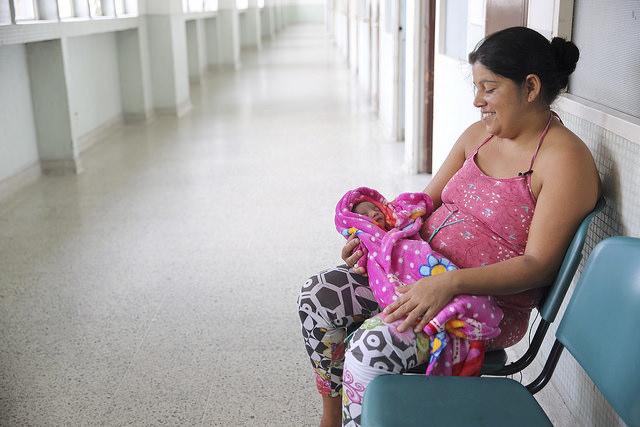Over the past year, experts have wondered if Colombia—hit with Zika virus after Brazil—would see a rise in Zika-related microcephaly similar to that witnessed in Brazil. Colombia has officially reported some microcephaly cases (476, including 44 pregnancy losses), but nowhere near the level seen in Brazil, raising questions about the impact of the virus.
Today researchers from Colombia and the US Centers for Disease Control and Prevention (CDC) reported a fourfold increase in microcephaly following the country's Zika outbreaks, suggesting that the rise isn't unique to Brazil and signaling that other outbreak countries are likely to see similar rises.
The report adds more evidence to the body of literature linking the virus to a rise in microcephaly cases.
The team reported the preliminary findings in an early online report in Morbidity and Mortality Weekly Report (MMWR). From January 31 through the middle of November, Colombia reported 473 microcephaly cases, a fourfold increase over the same period in 2015. The increase in July was ninefold compared with July of 2015.
The researchers said Colombia's microcephaly peak came 6 months after the highest number of Zika cases were reported, suggesting that the highest-risk period is probably the first half of pregnancy, especially the first trimester and early in the second.
In their analysis, the experts noted that there could be several reasons for differences in microcephaly increases between Brazil in Colombia. For example, they said 50% to 75% of Colombia's population lives at altitudes higher than 2,000 meters, in areas without active mosquito-borne Zika transmission.
They also noted that microcephaly case definitions vary across countries and that reports of the birth defect from Brazil might have been an early warning for Colombia, which in February urged pregnant women to consider delaying pregnancy for 6 months.
See also:
Dec 9 MMWR report
Dec 9 CDC press release on MMWR report






















